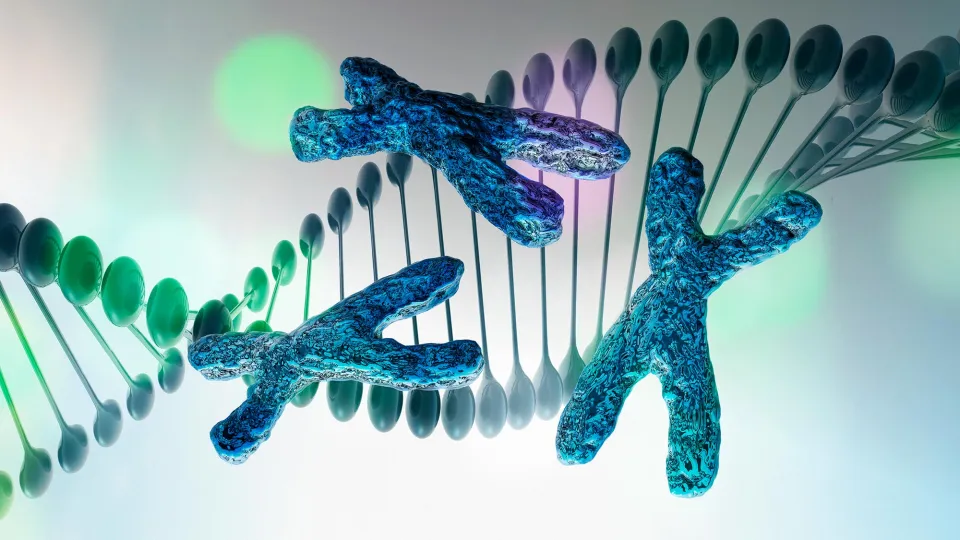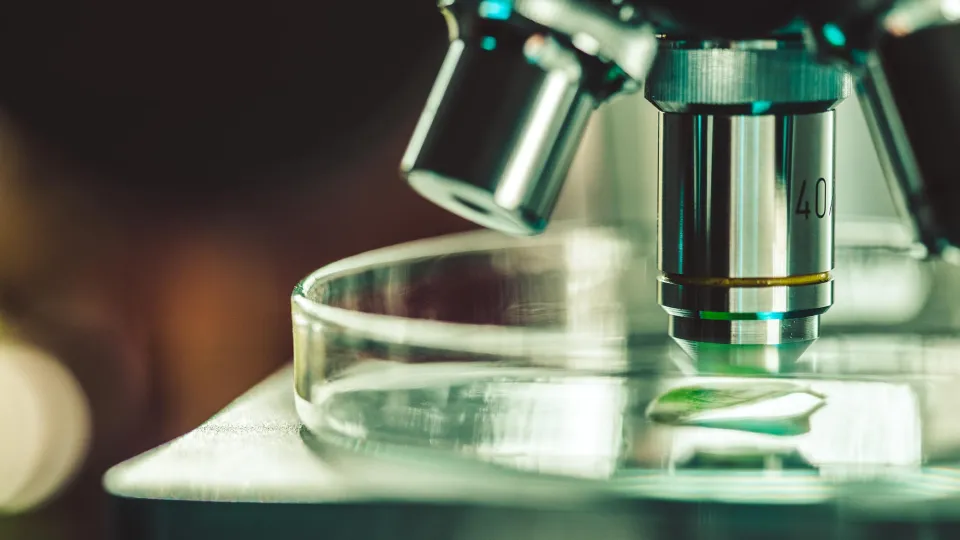News Brief
A Rapid Test for Drug-Resistant TB Infections
October 21, 2024

Drug-resistant tuberculosis (DR-TB) is a growing threat to public health. To prevent illness and death, effective treatment requires growing Mycobacterium tuberculosis (Mtb)—the bacterium that causes TB—in culture and promptly determining which drugs will work against the infection. However, Mtb’s slow growth rate means it takes one month to obtain a sufficient number of organisms to test and another month to conduct conventional drug susceptibility testing; in addition, no molecular diagnostic assays are widely available for evaluating Mtb resistance to recently developed oral TB drug regimens such as bedaquiline, pretomanid, and linezolid (BPaL).
In a paper published online on October 16 in The Journal of Infectious Diseases, William Jacobs Jr., Ph.D., and colleagues report that they’ve developed a bioluminescence-based assay that can determine drug resistance within just 48 hours. The researchers engineered a mycobacteriophage (i.e., a virus that infects Mtb) to signal drug susceptibility by creating a green glow. Using 53 clinical Mtb isolates, they showed that their assay could distinguish between isolates that were sensitive or resistant to BPaL therapy. Once this testing approach is validated and implemented in clinical laboratories, it could reduce the time required for drug susceptibility testing from months to days, enabling faster treatment decisions and potentially improving outcomes for patients with TB.
Dr. Jacobs is the Leo and Julia Forchheimer Chair in Microbiology and Immunology and a professor of genetics and of microbiology & immunology at Einstein.
Albert Einstein College of Medicine has intellectual property related to this research and is seeking licensing partners able to further develop and commercialize this technology. Interested parties can contact the Office of Biotechnology and Business Development at biotech@einsteinmed.edu



